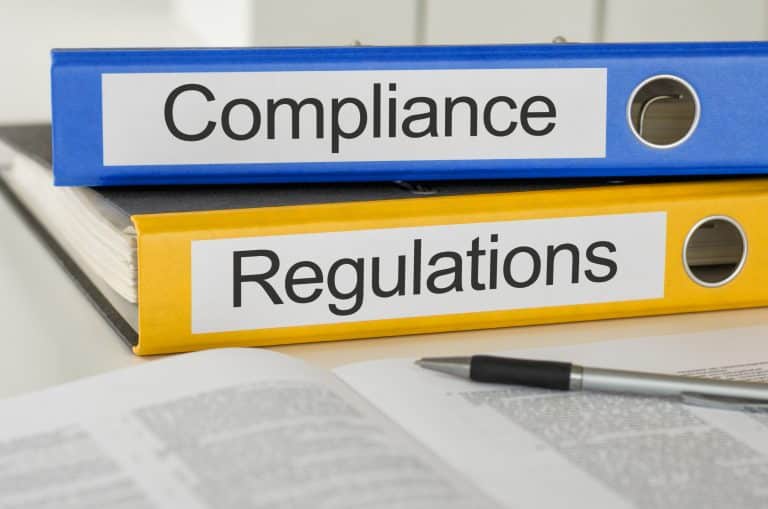49 CFR Part 40 is the official regulation for the Department of Transportation (DOT) regulated drug and alcohol testing. This regulation outlines what is required for transportation regulated employers for r drug and alcohol testing. These employers include trucking companies, bus companies, railroads, airlines, mass transit system, oil and gas companies and vessels for hire.
Always review DOT regulations 49 CFR Part 40 for complete compliance with the DOT rules for DOT drug and alcohol testing.
49 CFR Part 40 very specifically addresses how drug and alcohol testing including specimen collection, SAMHSA certified laboratories, review and reporting by a Medical Review Officer (MRO) and the return to duty process following a refusal to test or a positive test. The regulation also details employer responsibilities in the drug and alcohol testing process.
An appendix of terms in Section 40.3 is very helpful as a variety of acronyms are used in this industry. Some of these include
EBT – Evidential breath alcohol tester for DOT and non-DOT alcohol testing
ASD – Alcohol screening devices used to screen for alcohol. Positive results must be confirmed with an evidential breath alcohol tester. An ASD can be used only for screening tests for alcohol, and may not be used for confirmation tests.
NHTSA – National Highway Traffic Safety Administration, an agency of the Executive Branch of the U.S. government, part of the Department of Transportation.
CPL – NHTSA conforming products lists for alcohol testing devices approved for DOT.
BAT – Breath Alcohol Technician, training – qualification and proficiency are required to become a BAT. The Breath Alcohol Technician (BAT) is a person who instructs and assists employees in the alcohol testing process and operates an evidential breath testing device.
STT – Screening Test Technician (STT) is a person who instructs and assists employees in the alcohol testing process and operates an alcohol screening device.
CCF – Custody and Control Form for documenting the urine specimen collection and maintaining custody and control of the specimen.
C/TPA – Consortium/Third Party Administrator – a firm that is a Service Agent assisting employers with the drug and alcohol testing requirements as required by 49 CFR Party 40.
DER – Designated Employer Representative, the person employed by the employer responsible for the drug and alcohol testing program and specifically responsible for oversight. The DER must remove a safety sensitive employee from a safety sensitive position if there is a positive test or refusal to test.
DOT – United States Department of Transportation with a mission of the Department is to: Serve the United States by ensuring a fast, safe, efficient, accessible and convenient transportation system that meets vital national interests and enhances the quality of life of the American people, today and into the future.
ODAPC – Office of Drug and Alcohol Policy and Compliance serving as the principal advisor to the DOT Secretary on rules related to the drug and alcohol testing of safety-sensitive transportation employees in aviation, trucking, railroads, mass transit, pipelines, and other transportation industries.
HHS – U.S. Department of Health & Human Services (HHS) with a mission to enhance and protect the health and well-being of all Americans. HHS provides the mandatory guidelines for federal workplace drug testing programs.
SAMHSA – Congress established the Substance Abuse and Mental Health Services Administration (SAMHSA) in 1992 to make substance use and mental disorder information, services, and research more accessible. Within SAMHSA is the Division of Workplace Programs providing guidance and resources for drug free workplace programs.
MRO – Medical Review Officer, a trained and qualified physician responsible for reviewing, verifying and reporting drug test results.
SAP – Substance Abuse Professional, a person who evaluates employees who have violated a DOT drug and alcohol program regulation and makes recommendations concerning education, treatment, follow-up testing, and aftercare.
All of terms listed above are used extensively in 49 CFR Part 40 sometimes referred to as just Part 40. DOT regulated employers need to work with a qualified and knowledgeable provider to obtain services to keep in compliance with all provisions of the DOT drug & alcohol testing regulations.







